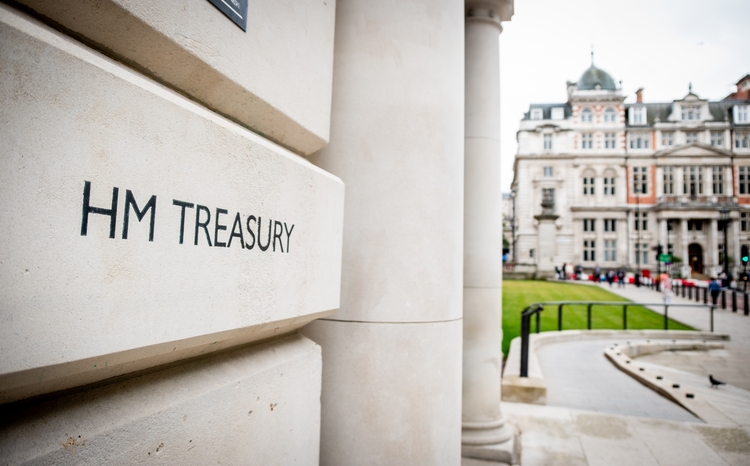London should be digital health pioneer
- 16 October 2014

London should lead the digital health revolution and create an ‘Institute for Digital Health’, according to a report by the London Health Commission.
The report, drawn up by a committee chaired by Imperial College surgeon and former health minister Lord Darzi, says that London “has the potential to lead the way” in the new health economy and global trends.
However, it adds that the capital is a difficult market in which to launch digital health products, especially for small and medium enterprises.
“More support can be provided for innovators to undertake local development with patients and clinicians, helping to demonstrate the impact of their products,” the report says.
The London Health Commission is an independent inquiry, established in September 2013 by London mayor Boris Johnson. It was asked to examine how the capital’s health and healthcare can be improved for the whole population.
The final report sets out 60 recommendations, one of which is that NHS England should develop a single “London-wide online platform to encourage and inform people” about how to participate in their own care, and to provide them with digital tools to support this.
“People should be able to access data held within their health records 24/7; they should be able to provide consent and filter sharing of their information; and as a result they should be able to be true partners in care delivery, contributing to clinical conversations and taking greater responsibility for their own care.”
The new Institute for Digital Health would form partnerships with other organisations, such as academic health science networks and the National Information Board.
It would act as “an incubator for innovative health information ideas” and promote innovators through an ‘accelerator programme’ that would help them to “focus their efforts on the right things, co-create their solutions with patients, and provide a route to rapid scale up.”
The report also suggests that the Institute should develop an app strategy for mental health, obesity, long-term conditions and how to access the best social and healthcare services “to support the delivery of better patient experience, clinical outcomes and more effective use of resources.”
Lord Darzi has led inquiries into London’s health and the NHS before. In 2007, he was asked to review London’s health services, and laid out plans to reorganise its acute care and introduce a new network of primary healthcare centres.
In 2009, he set out similar plans for the whole of the NHS in the ‘Darzi Review’ that was supposed to set out the template for reform of the health service for the subsequent ten years. The plans were effectively stopped by the general election the following year.
However, their underlying rationale was the need to shift treatment out of hospitals and join up services to make them more efficient, more safe, and more convenient for patients.
All of these ideas are being rehearsed again in the face of the financial crisis that may hit before the next general election; albeit without the Darzi Review’s focus on creating a fair NHS, tackling health inequalities, and making services more accountable.
Lord Darzi’s latest report has a particular focus on public health, with measures such as banning fast food outlets from around schools, introducing a minimum unit price for alcohol of 50p, and banning smoking in open public spaces such as parks grabbing headlines.




